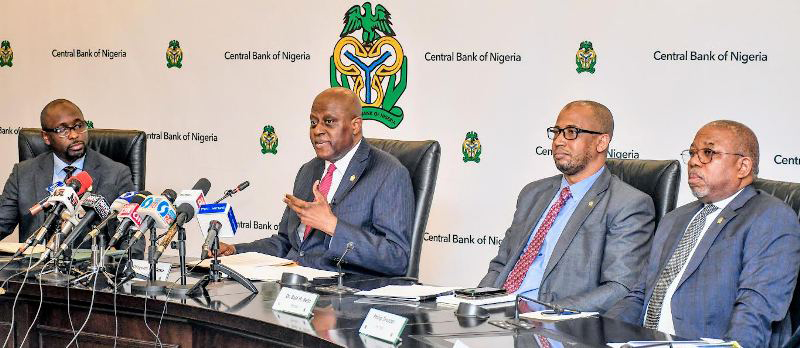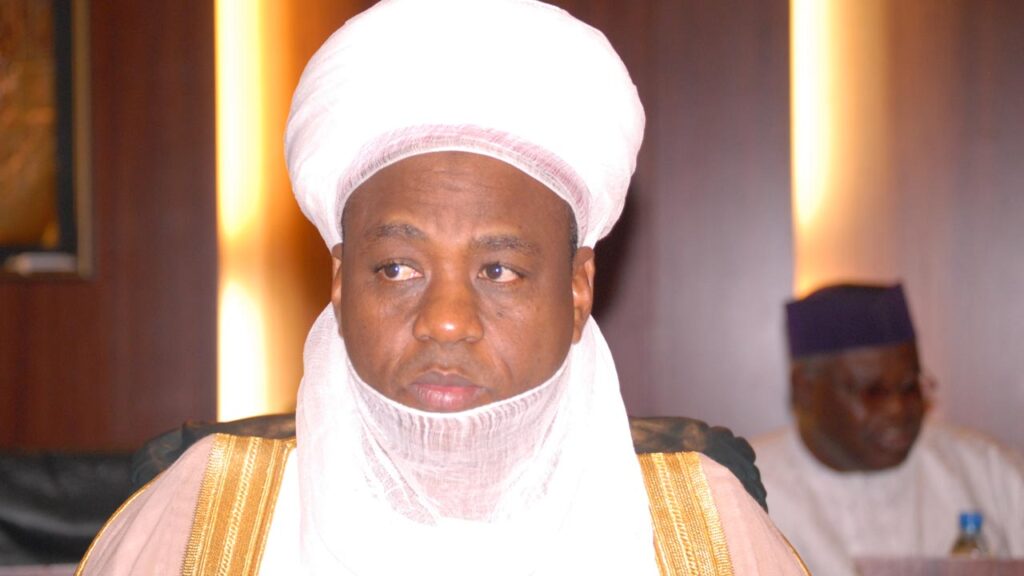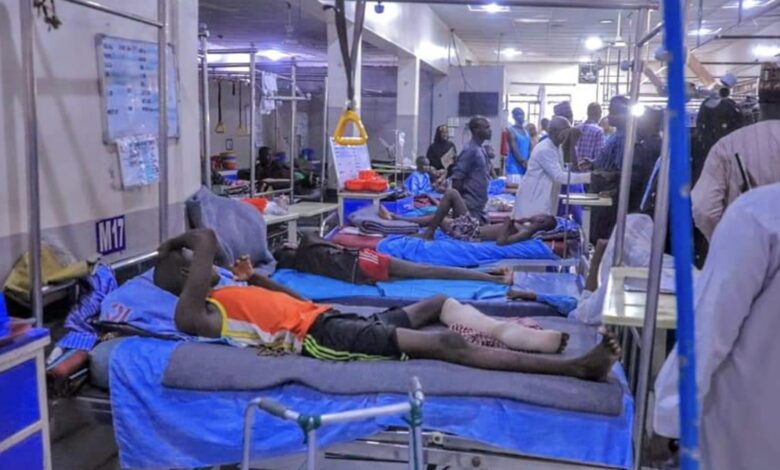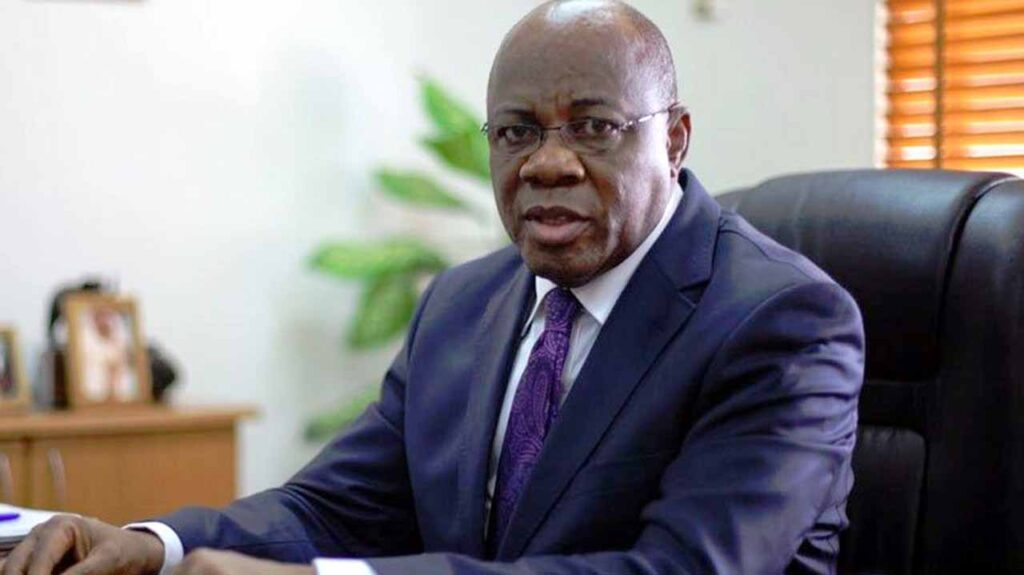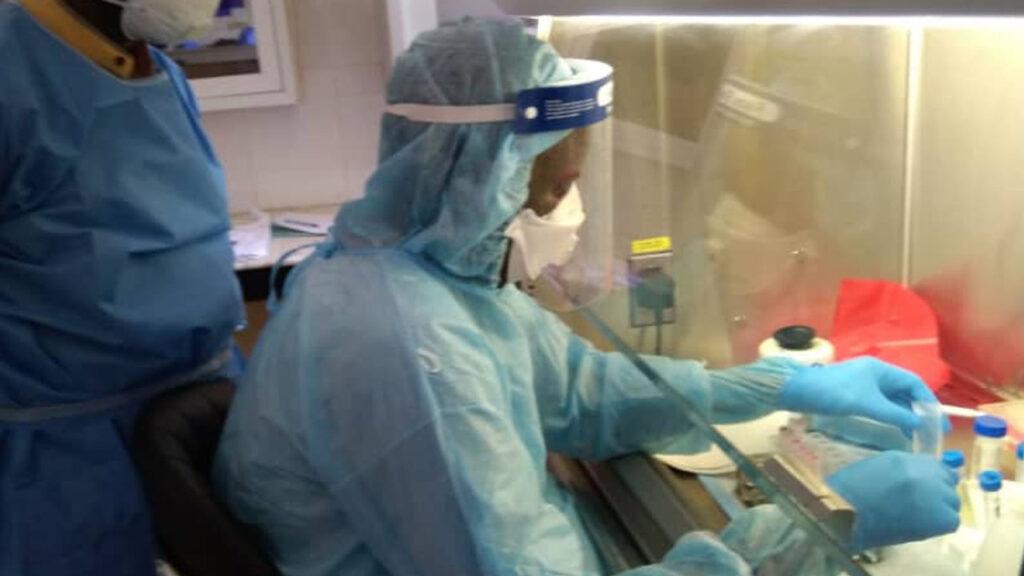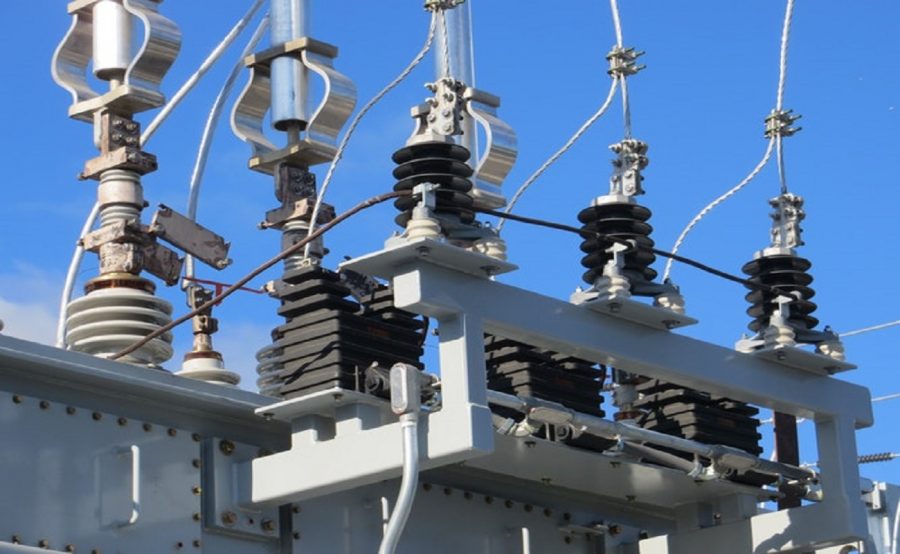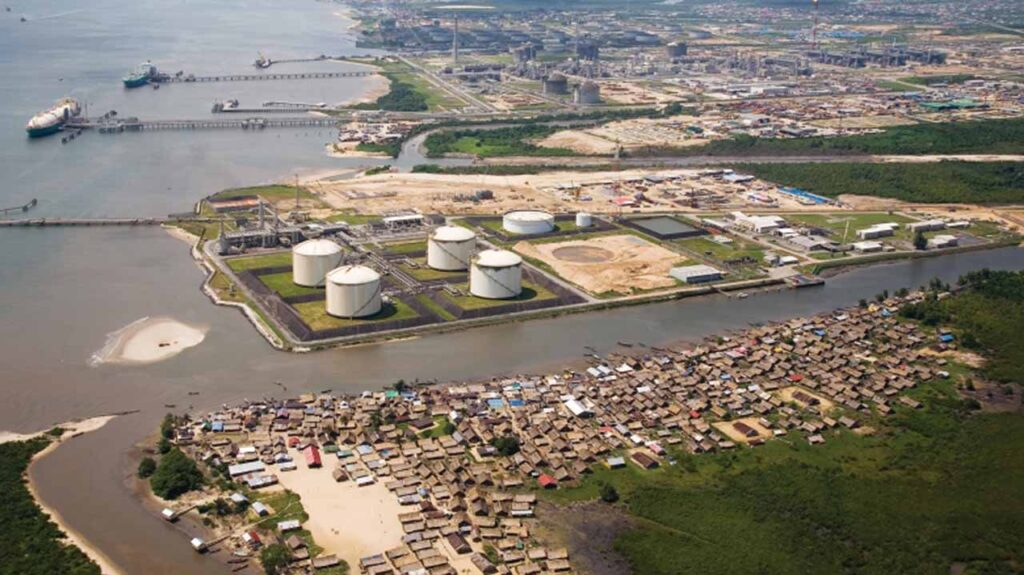
• Confirms arrest of speculators, raises MPR by 4%
• N10 trillion spent on failed interventions, says Cardoso
• 22.75% interest rate threatens Tinubu’s ambitious growth target
The raising of the monetary policy rate (MPR) by four per cent and adjustment of the cash reserve ratio (CRR) to 45 by the Monetary Policy Committee (MPC) arm of the Central Bank of Nigeria (CBN) has sent a shock wave through the financial system.
At its first meeting under Yemi Cardoso as Governor of the CBN, which ended yesterday, the MPC also raised the liquidity ratio to 30 per cent while the asymmetric corridor was retained at +100 basis points and -700 basis points around the MPR.
The increase in the rates has raised concerns among members of the Organised Private Sector (OPS), noting that the business operating environment will get tougher as access to funds will get tougher as well as higher possibility of default on existing loans and transfer of costs on goods and services.
Speaking after the meeting in Abuja, yesterday, Cardoso reiterated its earlier position that the naira was undervalued. This time, Cardoso blamed currency ‘distortionists’ for the travails of the naira, which dipped sharply to near N2000/$ last week before a breather from last weekend.
The governor also confirmed that the Economic and Financial Crimes Commission (EFCC), the Nigerian Police Force and the Office of the National Security Adviser (ONSA) are interrogating some speculators about their roles in debasing the local currency.
Though moving the rate by 400 basis points is intended to reign in runaway inflation, which hit 30 per cent in January, the increase is seen as a major challenge to the manufacturing sector, which is already bleeding.
Experts have warned that an extremely high interest rate would cripple the real sector and increase credit risk. The anchor interest could feed into the commercial lending rates and dampen borrow, a problem that could reduce aggregate demand and rub off on the performance of the economy.
The high-interest rate would also be complicated by the extremely high CRR, a prudential cum monetary tightening tool that will restrict the fund available for lending drastically.
Even with the tough decisions, Cardoso warned that the good old days might not return as fast as expected, adding that reviving the economy will not be a walk in the park for the fiscal authority.
His words: “I have said that the naira is undervalued. If we agree that there are distortions in the market, then the present price cannot be the price if there are no distortions. The CBN is working with the fiscal authorities to ensure that those responsible for the distortions are brought to book to serve as deterrents to intending people. I cannot say too much on this now because investigations are ongoing.”
The CBN governor, who reiterated the decision of the bank to focus on its core mandate and refrain from interventionism, said about N10 trillion was spent on various intervention programmes by the previous management led by Godwin Emefiele.
“About N10 million was spent on various interventions by the last team apart from the ways and means. That is a lot of money. This time, we can no longer afford that amount. While the bank may partner, we can no longer tolerate failed interventions,” referring to Emefiele’s administered interventions.
He noted that while the federal government is attracting liquidity into the system to achieve some levels of stability, the market needs minimal distortions and a situation where perceived distortions are dealt with.
“We are moving into an aggressive regulatory environment. Intolerant to rules and regulations must be zero. People must abide by the rules as set by the authorities,” he said. He also hinted that the foreign reserve of the country gained a whooping sum of $2 billion within one month.
The CBN boss also disclosed that about $26 million passed through Binance Nigeria from sources that cannot be identified. On Bureau de Change (BDC) capitalisation, Cardoso stressed that the focus is to have BDCs driven by the desire to serve the Nigerian people and not extort them. He said: “The BDCs should be owned by those that are serious and want to serve Nigerians. We want to ensure there is competition that will force the price down.”
Cardoso also said the apex bank is strengthening surveillance and monitoring mechanisms to enforce compliance with the rules and regulations guiding the foreign exchange market.
While defending the high turnover of circulars that have been issued in recent times, Cardoso explained that steps are being taken to provide clarity, saying lack of clarity could lead to distortions in the market.
Commenting on the rising food prices, the CBN boss urged the fiscal authority to tame insecurity, improve agricultural productivity and increase revenue coming from the oil and gas sector.
But experts have described the 22.75 per cent interest rate as ‘overkill’, saying it could shrink the economy significantly. A professor of capital markets, Uche Uwaleke, said that raising the MPR by 400 basis points in one fell swoop was simply overkill for the economy. He said a 200-basis point raise would have been more appropriate since there is another MPC meeting slated for next month.
Uwaleke, while also decrying moving CRR to 45 from the previous 32.5 per cent, said the new figure was about the highest in sub-Saharan Africa.
“The CBN governor had assured that policies of the bank would be evidence-based. Which empirical results support this aggressive move?” he asked.
The new CRR implies that for every N1 deposited with a commercial bank, 45 kobo is frozen by the CBN, leaving the banks with a paltry amount to lend. But the situation is even worse. The real CRR could be much higher as the CBN does not operate a real-time system that enables a faster refund to the banks when deposits fall.
“This has negative implications for access to credit, cost of capital for firms, cost of debt service by the government and asset quality of banks,” Uwaleke said. Uwaleke urged banks to quickly reprice their loans as risk premiums have increased.
On his part, Professor Akpan Ekpo of the University of Uyo, Akwa-Ibom state, explained that Nigeria’s inflation is not a demand-pull but a result of rising energy costs, global supply chain gridlock and insecurity, hence monetary tools are not adequate in checking it.
The interest rate hike and seemingly hawkish approach of Cardoso could be a major test of the current administration’s commitment to achieve an N1 trillion economy in 2030. Economists had advised that all regulatory agencies would need to work in concert to return the country to a high double-digit growth rate to achieve the tall ambition.
Also, the Chief Executive Officer of Centre for the Promotion of Private Enterprise (CPPE), Dr Muda Yusuf, expressed concerns about the increase in MPR to 22.5 per cent, noting that the cost of credit to the few private sector that have exposure to bank credits will increase which will impact their operating costs, prices of their products and profit margins, amidst the challenging operating conditions.
According to him, the increasing the MPR and CRR poses a major risk to the financial intermediation role of banks in the Nigerian economy, adding that the increase would constrain the capacity of banks to support economic growth and investment, especially in the real sector of the economy because the increases are quite significant.
He said: “To reverse the spiraling inflation, government needs to address the security concerns causing disruption to agricultural activities, sustain reforms in the foreign exchange market to stabilize the exchange rate, reduce volatility and stimulate forex inflows, address forex liquidity issues through appropriate policy measures incentives forex inflows into the economy, fix the structural problems to boost productivity and competitiveness of domestic firms, address the challenge of high transportation and logistics cost, reduce fiscal deficit monetization to minimize incidence of high-powered money in the economy, among others.”

